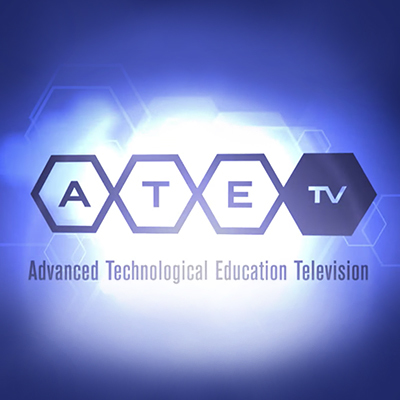ATE Program
With an emphasis on 2-year colleges, the National Science Foundation Advanced Technological Education (ATE) program focuses on the education of technicians for the high technology fields that drive our nation's economy.
ATE History & Community College Leadership
The National Science Foundation created the ATE program in response to the Science and Advanced Technology Act of 1992. This first Congressional mandate to the independent federal science agency emphasizes the role community colleges, the public 2-year educational institutions that are located throughout the country, as the main providers of technician education in the U.S. ATE has become the largest community college initiative in the NSF portfolio. Its budget has grown from $13.5 million in the 1994 fiscal year to $64 million in the 2010 fiscal year. A total of 972 ATE grants have been awarded in every state, Guam, and Puerto Rico. ATE has expanded its focus over the years to include the merging technologies, such as nanotechnology and biotechnology, and to address specific priorities, such as education of technicians in rural areas and research to advance the knowledge base related to technician education.
ATE Impacts Students
The ATE program encourages efforts to increase the participation of diverse populations in advanced technology fields where they have been underrepresented, and promotes the inclusion of persons with disabilities in the technical workforce.
ATE Empowers Innovative Educators
ATE competitive grants make it possible for educators and others involved in technician and education to test their ideas for improving the technical skills of technicians, and for boosting the general science, technology, engineering, and mathematics (STEM) knowledge of students at various education levels. ATE also supports professional development programs for educators who teach prospective technicians.
ATE Creates Productive Industry Partnerships
ATE initiatives facilitate technical educators collaborations with industry and professional organizations. ATE also strengthens the connections among community colleges, elementary and secondary schools, and universities. These multifaceted ATE partnerships produce coordinated responses to new workplace or industrial technologies, and they benefit students and technicians in a myriad of ways.

South Carolina ATE Center Video
This video provides an overview of the National Science Foundation (NSF) funded Advanced Technological Education (ATE) program. NSF program officers, ATE faculty and students discuss the program and the role played by community and technical colleges in meeting industry's workforce needs across the US.
Resources Page
More information is just a click away. View our complete list of Supply Chain Automation resources.